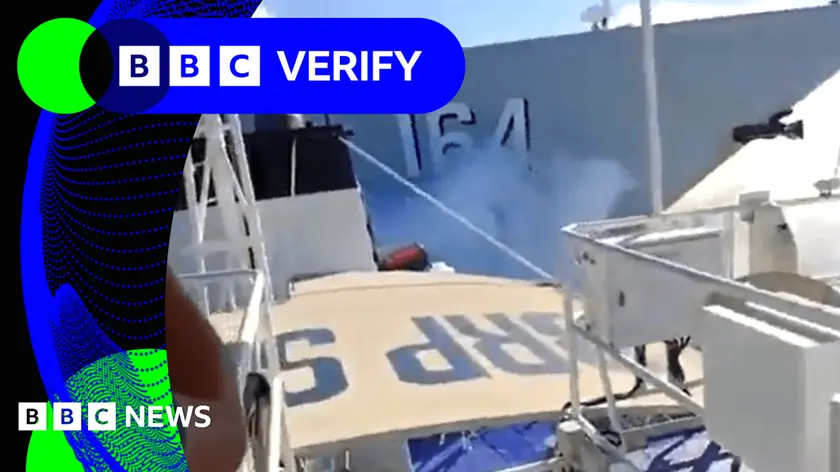T4K3.news
Gaza journalist killed in media tent strike
An Israeli strike hit a journalist tent in northern Gaza, killing Anas al Sharif and several colleagues. Israel cites Hamas links that rights groups say lack credible evidence.
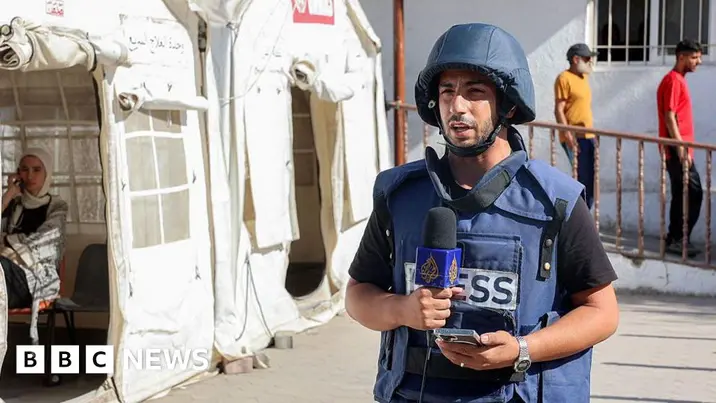
Sharif was killed when Israel targeted a tent used by media in northern Gaza, alongside six others, Al Jazeera said.
Gaza journalist Anas al Sharif killed in Israeli strike on media tent
A strike in Gaza City hit a tent used by journalists, killing Anas al Sharif and five other Al Jazeera staff, the broadcaster said. The deaths come as fighting intensifies in northern Gaza and raise fresh questions about safety for reporters in war zones. Israel says Sharif led a Hamas military cell but has provided little independent evidence, a claim rejected by Al Jazeera and media freedom groups. BBC reporting notes that Sharif had previously worked for a Hamas media team, and some of his social posts criticized Hamas. The United Nations and other rights groups condemned the attack and called for accountability, while Al Jazeera pressed for a transparent investigation.
Key Takeaways
"International law is very clear on this point that the only individuals who are legitimate targets during a war are active combatants. Having worked as a media advisor for Hamas, or indeed for Hamas currently, does not make you an active combatant"
Jodie Ginsberg of RSF on the legal protections for journalists
"Without strong action from the international community to stop the Israeli army... we're likely to witness more such extrajudicial murders of media professionals"
RSF warning about possible future killings
"He worked for the whole length of the war inside Gaza reporting daily on the situation of people and the attacks which are committed in Gaza"
Salah Negm describing Sharif's reporting
"His dedication took him to areas where no other reporter ventured to go, especially those that witnessed the worst massacres"
Raed Fakih on Sharif's work ethic
The killings underscore journalism as a critical form of witness in war, and they spotlight how claims about a reporter can become a political tool. When authorities blur lines between combatants and journalists, credibility suffers and public trust erodes. Independent verification matters more than ever in conflict reporting, and the episode reinforces the need for strong protections for reporters and for prompt, credible investigations when media workers are harmed.
Highlights
- Journalists are witnesses not combatants in every war
- When media tents burn lies gain room to breathe
- International law protects reporters in conflict not collateral damage
- Evidence must follow accusations not precede them
Risk of political backlash and press freedom erosion
The killing and the surrounding claims involve sensitive political dynamics and could fuel backlash, political maneuvering, and questions about media safety in conflict zones. The case warrants independent verification and may influence global views on war reporting and accountability.
Truth in war zones requires protection for reporters and clear, credible inquiry when they are harmed.
Enjoyed this? Let your friends know!
Related News
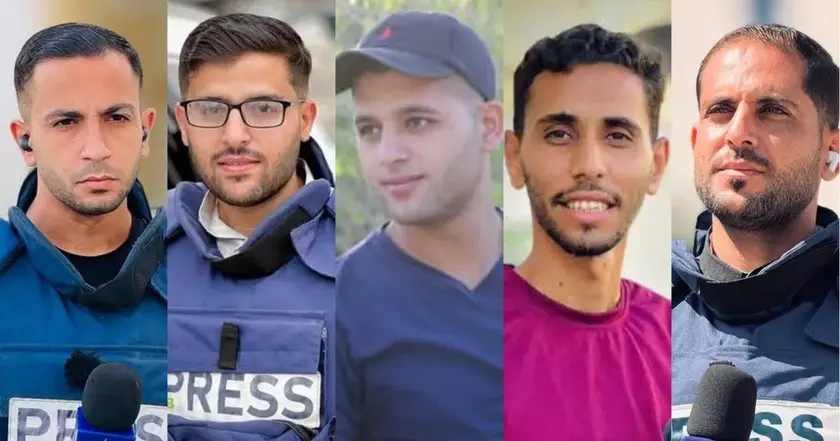
Israel kills five Al Jazeera staff in Gaza press tent
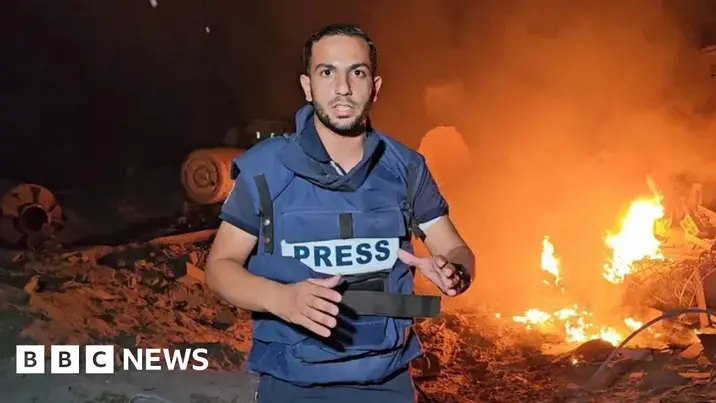
Journalist deaths in Gaza strike
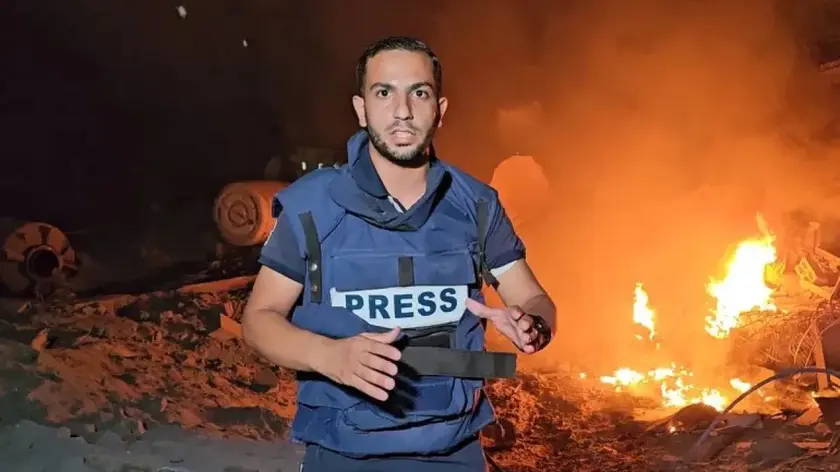
Al Jazeera journalists killed in Gaza tent attack
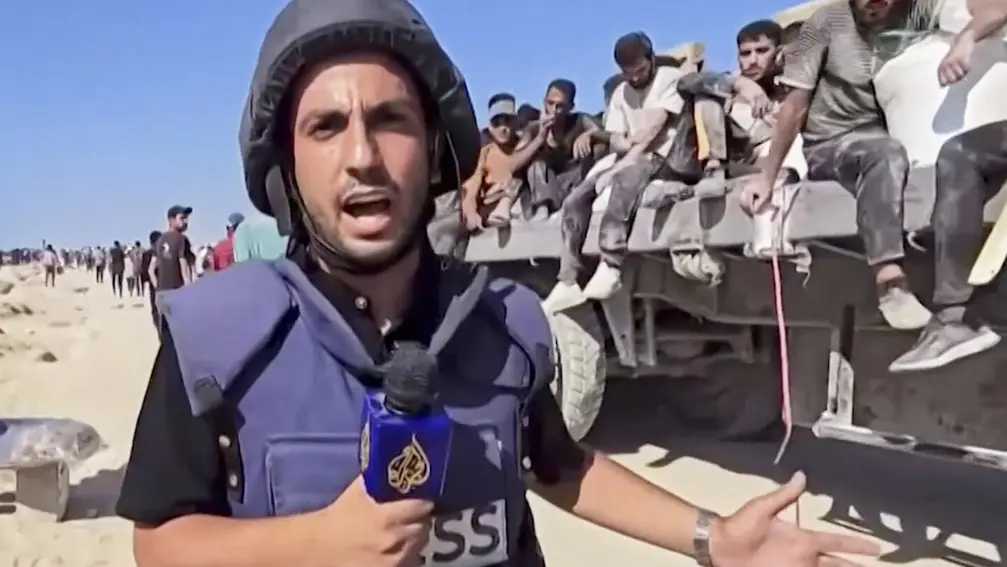
Journalist deaths in Gaza
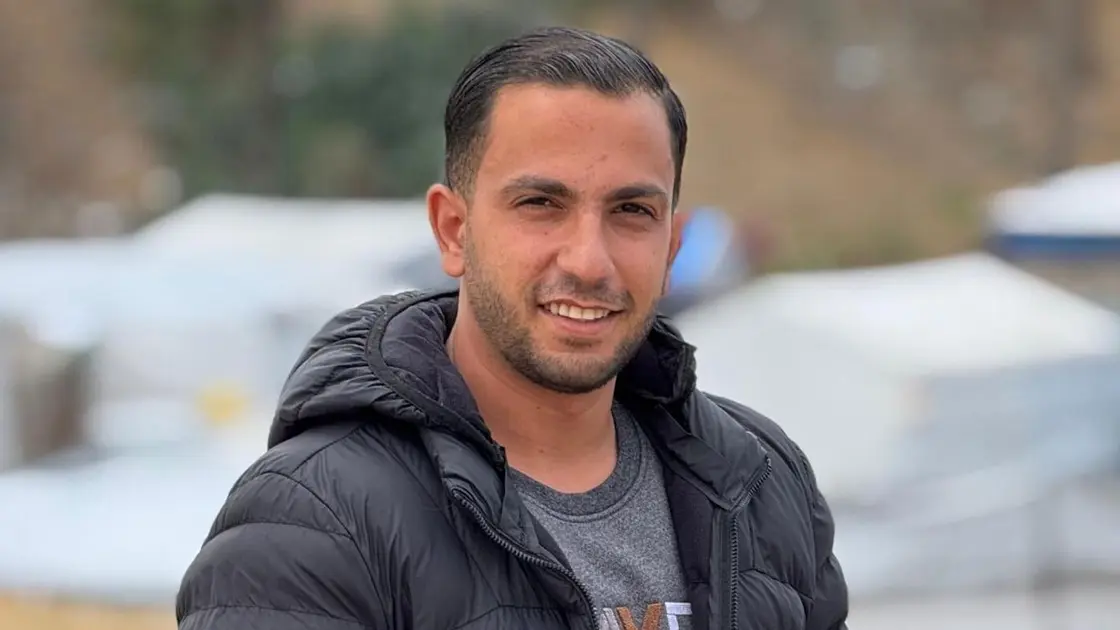
Al Jazeera journalists killed in Gaza strike
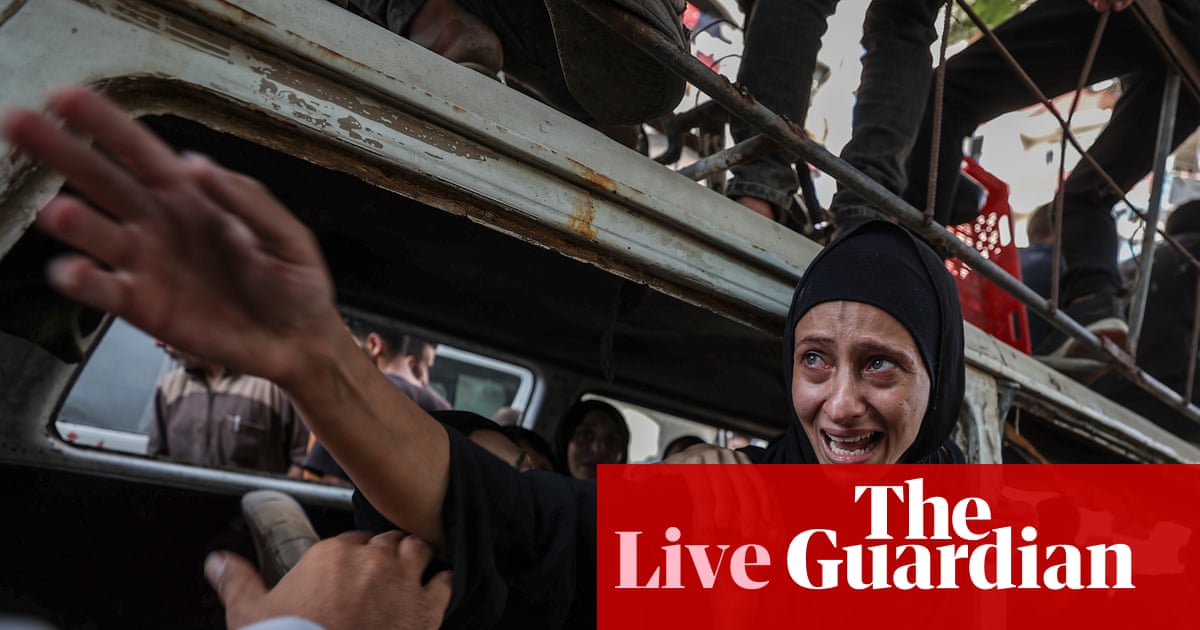
UN warns of dire hunger crisis in Gaza
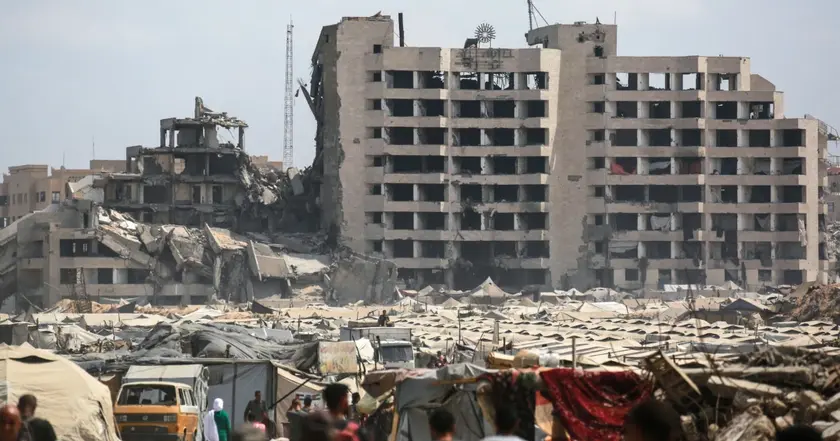
Five Al Jazeera journalists killed in Gaza
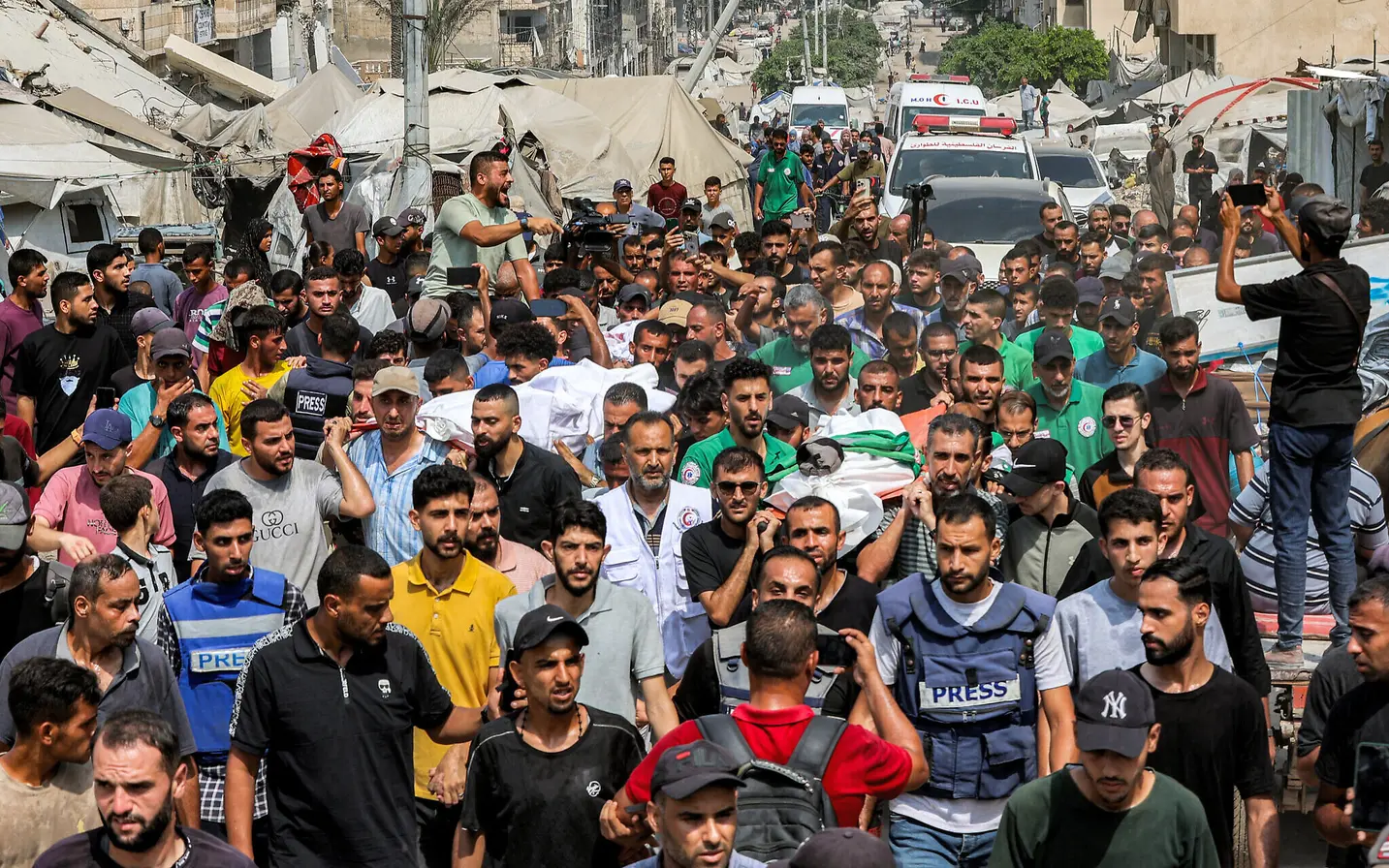
Global backlash after Gaza journalist killing prompts new press protections
